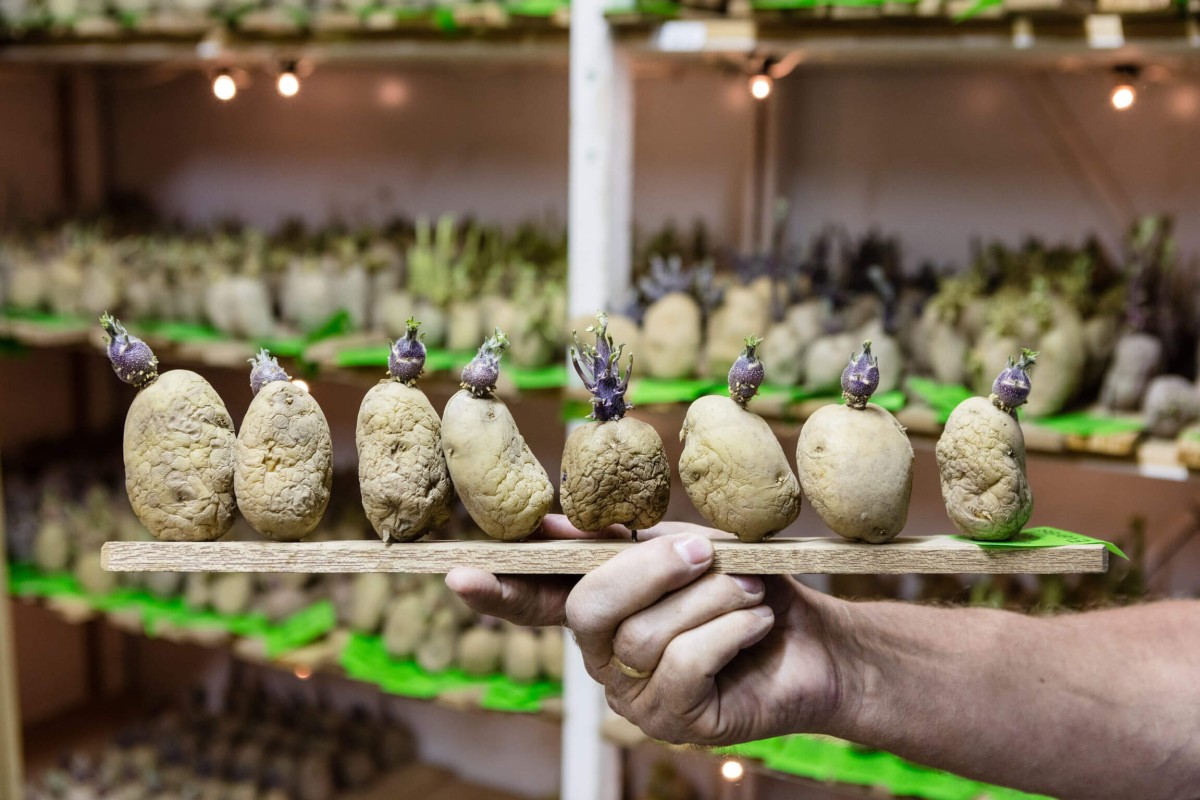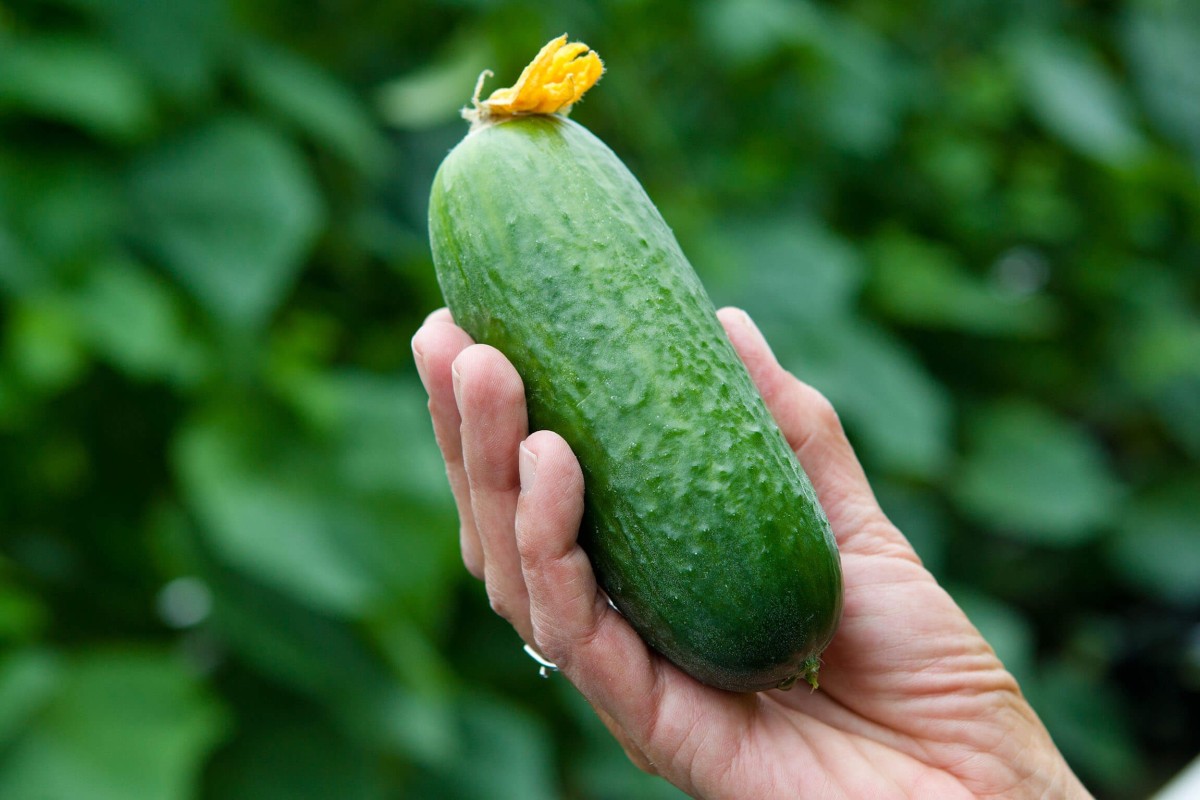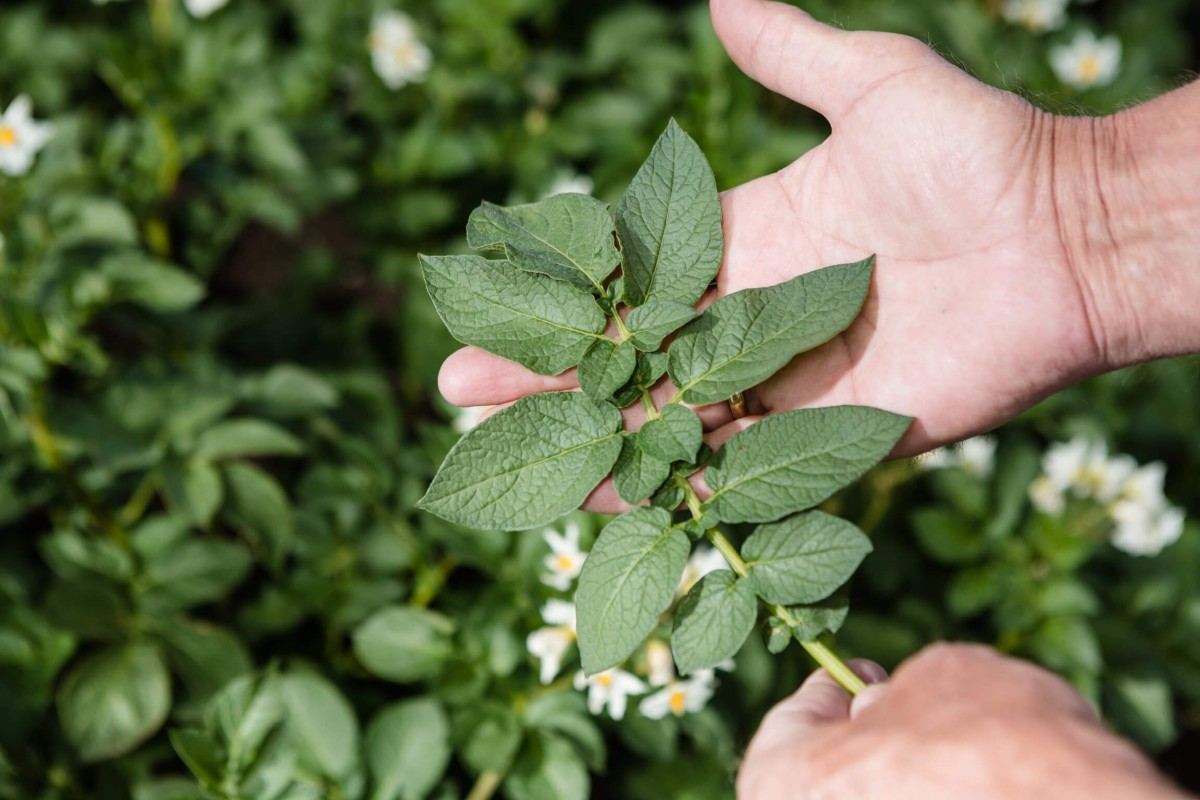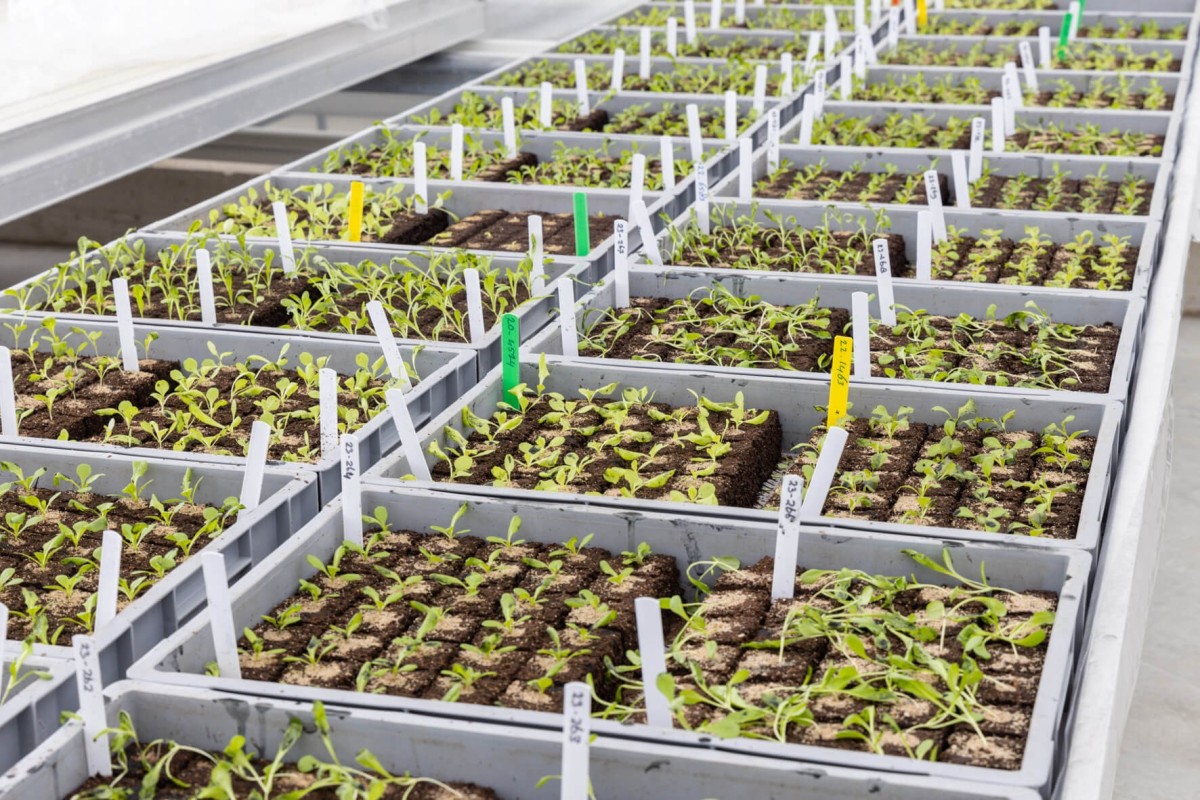Germination capacity of seeds
The germination capacity of an identity sample for the purpose of DUS testing must be as such that, when sowing a small surplus of seed, sufficient vital plants will emerge to meet the requirements of national protocols, CPVO protocols and UPOV guidelines.
In case of parent lines, a lower germination can be allowed. If less than 70% is expected, it can be decided to sow a small amount of seeds extra.

Health of seeds
At the time of receipt identity material must be:
- free of diseases or pests;
- in good condition; and
- suitable for examination and storage.

Disinfection of vegetable seeds
In general, the vegetable seed should not have been subjected to any chemical or other treatment. Treatments can mask the characteristics of the vegetable seed, can influence the germination and therefore subsequently the development of the vegetable crop. In addition, they can also influence the storability of the vegetable seed and (a part of) the DUS testing, such as resistance tests.
Examples of not permitted seed treatments for vegetable seeds are:
- Fungicides with systemic action and non-systemic action (including Thiram)
- Insecticides (including Neonicotinoids)
- (Organic) coating that influences germination and/or plant development (including B-mox, Sapphire and Premix)
- Priming/primed seeds (except for eggplant and tomato rootstock)
- Pelleted seeds
If identity samples do not meet the requirements, we do not accept them.
An overview of permitted and not permitted seed disinfectants and seed treatments for vegetable seeds can be found below:
Health of plants
At the time of receipt identity material must be vital, free of diseases or pests, in good condition, and suitable for testing and storage. The identity material may not have been subjected to any chemical or other treatment, including growth regulators.
As part of the test, crops in which viral diseases occur can be routinely tested prior to testing. Specific requirements of delivering identity material apply for each crop. These requirements can be found on the website of the CPVO. Identity material that is not virus free or has had an undesired treatment may result in a rejection of the application.


Quarantine diseases
Crops that are susceptible to quarantine diseases, the applicant must deliver material of which it can be shown that it is free of quarantine diseases (for example through a PD declaration). In case of agricultural crops, the determination can be shown through a plant passport.
Identity samples that do not meet the requirements will not be accepted. Each crop can be subjected to certain additional conditions depending on the overview.
Health of potatoes
In addition to the general conditions on health of plants as stated above, certain special demands relating to virus diseases apply to potatoes. If virus diseases lead to clear symptoms in the plants to be tested, the presence of the virus can have negative consequences for identity determination. A too high number of plants infected with a virus will lead to the rejection of the application.
All submitted samples must be free of brown rot, ring rot and other quarantine diseases (Potato spindle tuber viroid, South American viruses and non-European strains of indigenous viruses). The identity material to be submitted must therefore be accompanied by a phytosanitary declaration (NAK certificate or plant passport) stating that the material is free of quarantine diseases.
Material that is not accompanied by a NAK certificate or plant passport will not be accepted and the application will be considered to have been withdrawn.
Conditions
General
- The submission conditions per crop in the overview 'Plant material submission to Entrusted Research Agencies S2/S3 Publication' of the CPVO can be considered as a general guideline. Naktuinbouw reserves the right to change the amount or quality required of identity material and to change the indicated dates or location where material must be submitted to.
- If, at the ultimo date, the material is visually not complying with the conditions of amount, health or quality, the material will be considered not to have been received and the application will be considered to have been withdrawn.
- The dispatch of the identity material must be free of cost (such as freight, postage and customs charges) for the recipient. Any costs incurred are charged by the recipient to the applicant. All customs and phytosanitary formalities must also be complied with when sending identity material to and from abroad.
- If plant material to be submitted for DUS testing is subject to phytosanitary import restrictions that are incompatible with the submission conditions of the Board for Plant Varieties, the applicant is requested to contact the Board for Plant Varieties Office preferably immediately and no later than the submission deadline. The Board for Plant Varieties may then be able to advise on an alternative.
Closing date application, submission date and location
- An application for granting Dutch Plant Breeders' Rights and/or listing on the National list can be submitted at any time (papers and payment). However, in many cases a closing date is shown in the CPVO overview with submission conditions. For applications received after the closing date it is not possible to guarantee that the variety will be included in the next growing cycle. If an application has been filed before the closing date, the identity sample must be received before the first final submission date. Not a full year later.
- Material must be supplied to Naktuinbouw and addressed to the correct person or department; material supplied elsewhere can be considered not have been received.
Plant stage, packaging and labelling
- Material must be labelled clearly, stating at least the following: crop name, provisional denomination as stated on the application form, assigned application number and for seeds the lot number. The assigned application number must be stated unless the sample is sent together with the application form. This is only possible if the documentation and the sample are to be sent to an identical address (see overview). The label must be properly attached to the packaging. Or printed on the packaging. Vegetative material: please do not print or write (e.g., with permanent markers) application numbers, denominations, breeder’s references and/or company information (such as company names, addresses, etcetera) on the pots or on the foliage.
- The packaging must be suitable for the nature and quantity of the identity material and must be closed in such a way that nothing can be added or removed from the contents without damaging the seal or the packaging.
- With flowering crops, the material must not be in bloom or must not have bloomed, unless stated otherwise.
- Young plants supplied must be plants that are suitable to exhibit all the characteristics in the first year of the test.
- Material destined for outdoor cultivation must be suitable for planting outdoors immediately; material that does not meet this requirement will be considered not to have been received.
- Unless stated otherwise, pot plants must not be supplied with more than one plant per pot, even if this is usual, standard practice. Only supply single plants per pot. If several plants are still supplied in a single pot, a number of pots equal to the number of plants must also be supplied.
